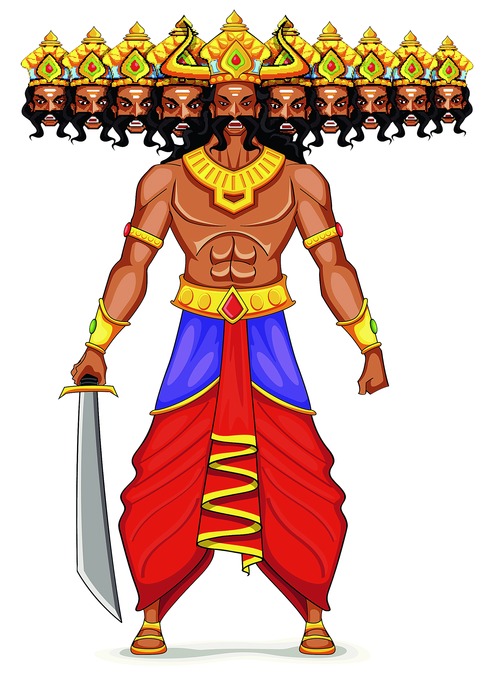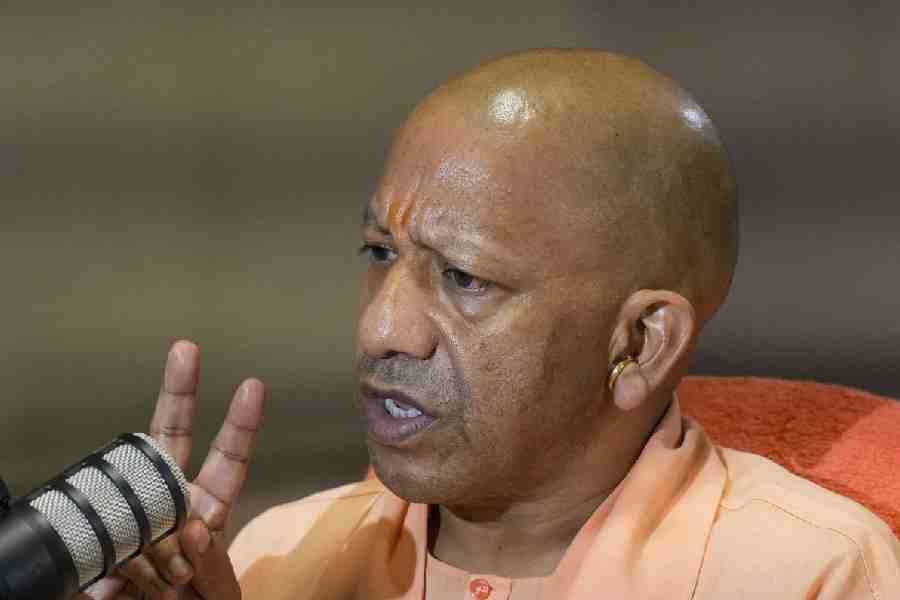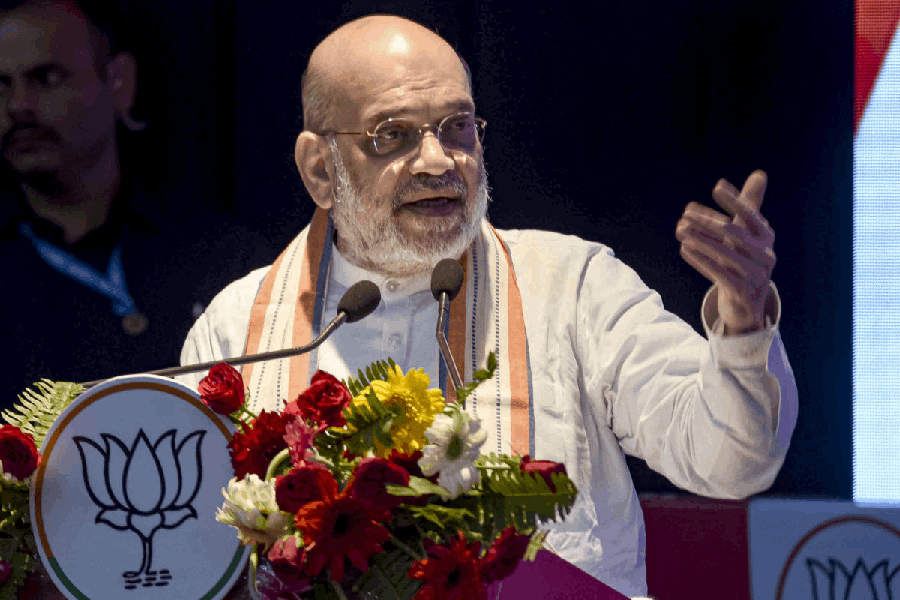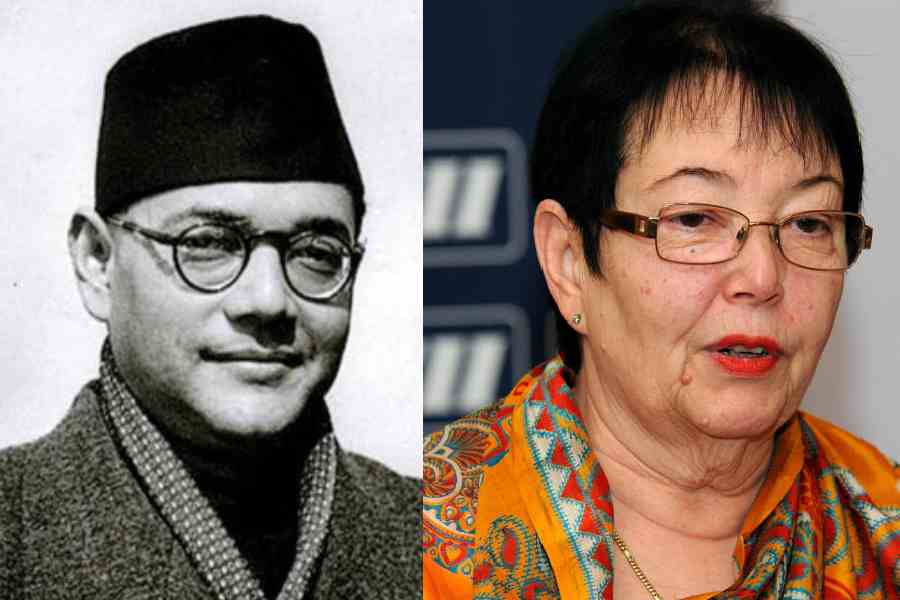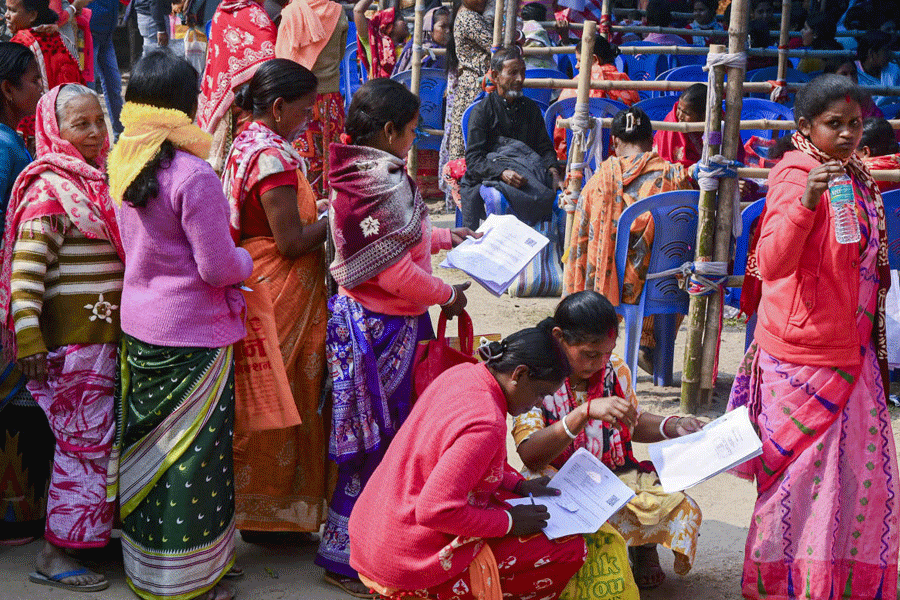
There is something in him that doesn't like black or white. Anand Neelakantan, writer of Asura: Tale of the Vanquished, Ajaya: Roll of the Dice, Rise of Kali - Duryodhana's Mahabharata and the latest, The Rise of Sivagami, fell captive to the charms of the grey early on in life and has never recovered since.
Thripoonithara, the village on the outskirts of Kochi, where Neelakantan grew up, is famous for its 100-plus temples. With so many of them around him, it was only natural that mythological tales and stories from the Puranas should abound. What may seem surprising, however, especially in today's context, is the nature of the tellings they bred. "The characters were never all good or all evil," recalls the 43-year-old. He talks about how Mahabharata's Duryodhan was actually named by his parents Suyodhan, meaning great warrior; the Pandavas perverted his name. It seems in a temple in Kerala's port city Kollam, Duryodhan continues to be worshipped as a crusader against caste system. A temple in the state is also dedicated to the uncle we all know derisively as Shakuni mama.
The stories - old and new - open the door on Neelakantan's own works, his preoccupation with the "other".
Devdutt Pattanaik (writer of The Pregnant King, Hanuman's Ramayana, etc.), whose re-telling of the epics are perhaps the better known of the genre in recent years, has a scholastic tone. Amish (writer of The Immortals of Meluha, Sita - Warrior of Mithila, etc.) has a style that is more racy, almost too screen-friendly. Both are very conscious re-tellers.

Anand Neelakantan
Neelakantan is a storyteller that stands apart. His stories, even after they have been plucked off his mind and contained in pages, are redolent with the essence of the soil they have sprung from, and in sync with the life and thoughts it has fostered.
This is perhaps what caught the attention of Telugu film director S.S. Rajamouli. Last year, he commissioned Neelakantan to the writing of The Rise of Sivagami, the eponymous story of the Mahishmati matriarch, and the prequel to his two Bahubali movies. The book was released just before Bahubali: The Conclusion hit the screens end-April.
But Neelakantan was already an established name when Rajamouli approached him. In fact, soon after Asura was published in 2012, he quit his job with a petrochemical giant - he is an engineer by training - and took to writing full-time.
"Those olden voices from my childhood refused to be silenced in my mind. I felt compelled to see the epics from the other side. And the same story looked more interesting from a different angle," he says. He has also written screenplays for Hindi TV soaps such as Siya Ke Ram and Chakravartin Ashoka Samrat.
One of his personal favourites from Indian mythology, however, is the figure of Krishna. "He's a god, yet full of mischief, conspiracy and deceit. Even then he's the most popular among gods. But just imagine anyone behaving like Krishna - how long can such a person survive?" Ram is more perfect and, therefore, boring. He's naturally not as popular as Krishna."
The next many minutes Neelakantan holds forth on why bad is good. He talks like he writes, his rhythmic telling made rich with references to ancient texts and theology.
.jpg)
"Darker characters have always been popular and have been well accepted in our society. Mahabali in Vamana Purana or Mahishasura in Markandeya Purana were evil forces but they also had several positive attributes. Nothing is regarded as evil even in tantric philosophy popular in Bengal, Assam and many regions of southern India. Spirits and evil forces are invoked," he continues.
This obsession with absolute good or evil is a relatively recent phenomenon, he points out. "The concept of right, wrong, sin and redemption has origins in Semitic religions that arose in Middle Asia. So also, the concept of monotheism or one supreme god. You won't find this in Hinduism, Buddhism or Jainism." It was to counter this concept that spread with the advent of Islam that the Bhakti Movement was born. In time, the narrative of the absolute monarch, the perfect king, was enforced. Neelakantan points out that in Tulsidas's Ramcharitmanas, Ram is the perfect male protagonist, maryada purushottam, with no dark shade. "This is no doubt great poetry, but an outright propaganda and a one-sided view. Ram has been depicted as the supreme god in northern India ever since."
Neelakantan cannot bring himself to accept such unnuanced depictions. "This is a total deviation from our epics, Puranas and the way of life (dharma) in ancient Indian society where kings were more humane. They committed mistakes and were not above the law or criticism." He cites the example of a Pandya king from the Tamil epic from the Sangam period, Silappatikaram. "Even though the king is mostly just, he makes an error of judgement and hands out a death sentence to a subject. But when he realises his mistake, he immediately dies of guilt."
His own Sivagami has streaks of contemporary politicians. She's not all noble either. She has admirers and detractors. She is a mother, but motherhood alone does not and cannot define her. She can and will stoop to conquer.
Neelakantan cannot understand why in real life, too, icons want to and are expected to be any different. "It's time we start thinking in terms of humanity, rather than divinity," he says.
In Asura, Ravan realises this truth at the fag end of his life, when he lies fatally wounded. Neelakantan's pen voices Ravan's thoughts: "It is not the Gods or God men that my country lacks. It only lacks real men." Touché.

